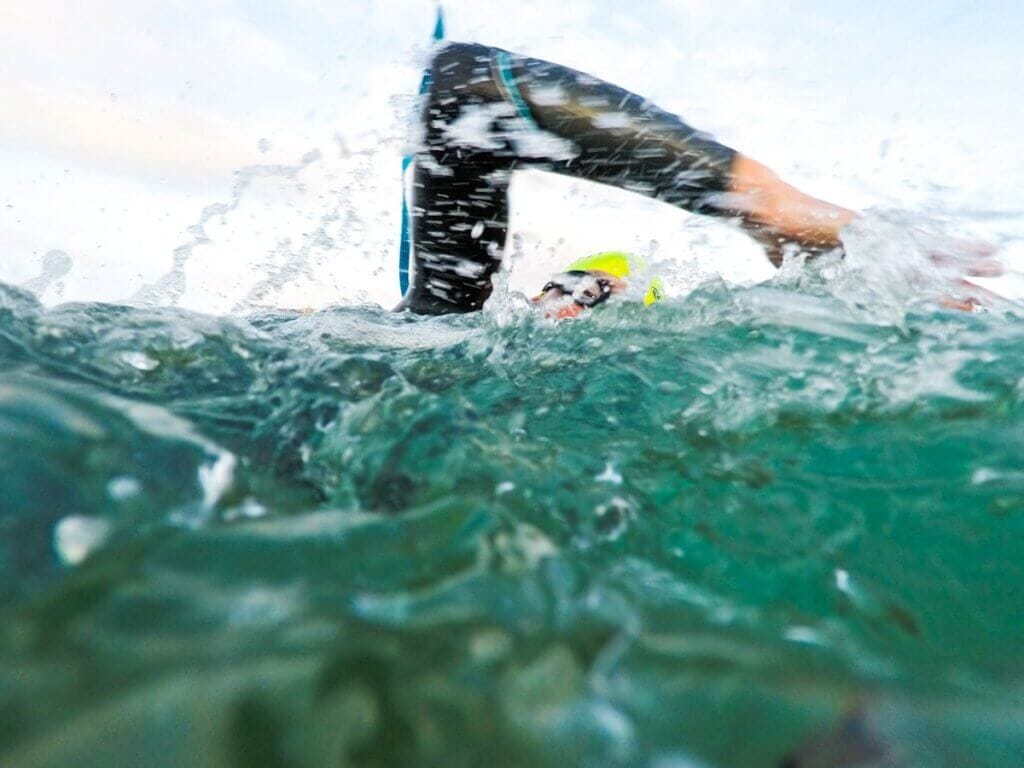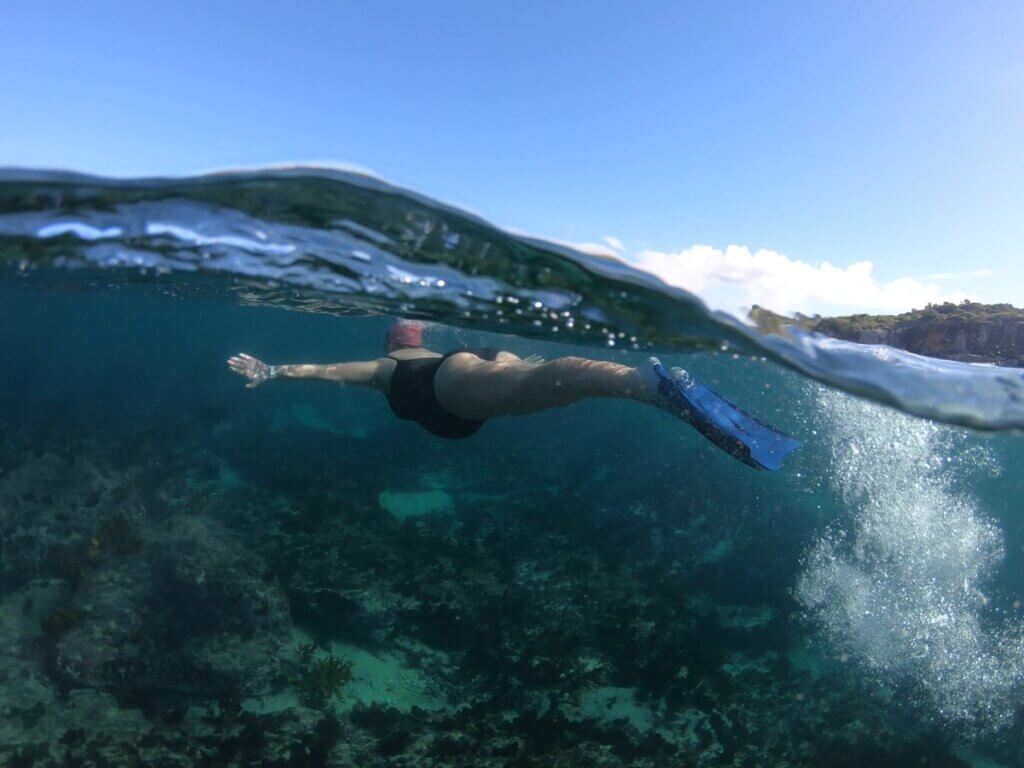Science-backed benefits of cold water swimming

The idea of a mid-winter ocean swim might send you running for the hills, even in sunny Australia. Maybe you’re concerned about catching a ‘cold’ or you just don’t think it sounds like a fun activity to do?
It’s time to re-think those beliefs! Coldwater swimming can help you to feel instantly more ‘alive’ and energised and the potential health benefits are well documented in scientific studies.
Are the Australian oceans cool enough to offer the benefits of cold water swimming?
Athletes often use cold water immersion therapy with the aim of improving recovery and performance, and decreasing fatigue levels. Ice baths that range in temperature between 5 and 15 degrees are normally used to achieve this.
Whilst the water up in Cairns isn’t going to drop much below a balmy 23 degrees, even in the middle of winter, the Glenelg Sea in South Australia can get a little under 15 degrees between the months of June and October. Therefore, the benefits of cold water immersion could be obtained from an ocean dip in cooler climates – no ice bath necessary!
What changes occur in the body during cold water immersion?
Coldwater immersion produces significant biochemical and physiological responses within the body. Immersion in cold water (less than 15 degrees) for five minutes or less results in increases in heart rate, blood pressure, respiratory minute volume and metabolism, and a decrease in cerebral blood flow.
Science-backed benefits of cold water immersion
Studies on cold water immersion are relatively extensive. Although the studies vary in their conclusions, a number of potential benefits of cold water immersion are being recognised.
- Although it wasn’t specifically a cold-water immersion study, winter swimmers experienced health benefits that became evident over time. After four months they reported increased energy levels and decreased pain levels as compared to the control group.
- Repeated cold water stimulations may reduce the frequency of respiratory infections and improve subjective levels of well-being
- Coldwater immersion may decrease perceived levels of fatigue after a training session
Overall, cold water immersion can improve blood flow and therefore circulation. It can improve perceived pain levels, immunity and wellbeing. There may be benefits for sports performance and recovery. Some people also use it as part of an overall plan for weight loss, due to the effects on metabolism.
It also goes without saying that cold water immersion will help you push through some mental barriers. This can have positive implications for sports performance, and even just your ability to push yourself to work a little harder during an exercise session.
Keen to give cold water swimming a try?
There are certainly potential risks associated with cold water swimming. These are mainly associated with the “shock” effect of plunging into cold water on the systems of the body. Consult with your doctor before you start practising cold water immersion, and read our article on ‘Everything you need to know about swimming in cold water‘.
Build up your practice of cold water immersion gradually and read our top tips for preparing for your swim.






Responses